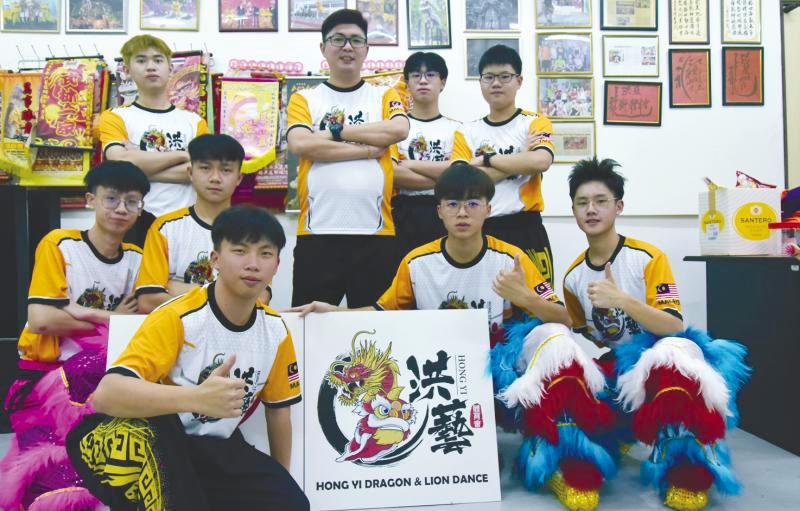THERE is nothing like the feeling of awe and joy that you get when watching a lion dance. This form of traditional dance is a familiar sight in Chinese cultural events, during which performers in a colourful, articulate lion costume create a ritualised and stylised dance for entertainment and spiritual purposes.
It usually takes place around major holidays in Asia like Lunar New Year, as well as important days like business openings, and is said to bring good luck and prosperity.
The lion dance has a long history, with many traditional legends attempting to explain its origin. Because there were no lions native to China at the time, the lion dance was established by emulating the motions of animals they known, and two distinct forms of the dance created: a northern style and a southern style.
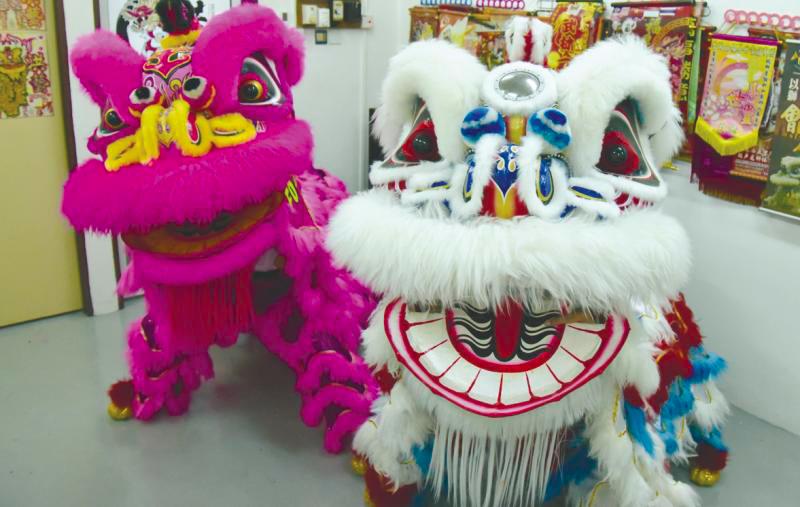
The northern style is more explosive, featuring stunts, while the southern style is more stylised, with less realistic ‘lion’ costumes.
theSun recently had the opportunity to interview members of the Hong Yi Dragon & Lion Dance Association to learn more about their journey, obstacles, and aspirations.
Hong Yi was built on a love of the ancient Chinese art of dragon and lion dance. What began as an NGO more than a decade ago has now evolved into a multi-faceted cultural service, catering to clientele ranging from families to corporate organisations.
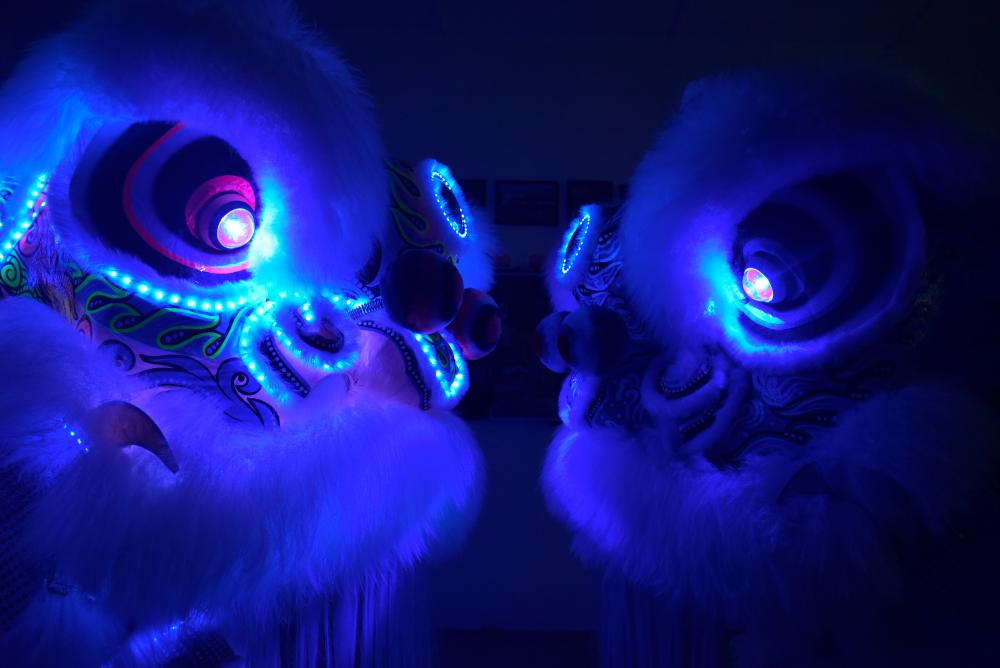
Aside from Malaysia, they have regional branches in China, Indonesia, Thailand, and Vietnam.
Calvin Hong founded Hong Yi in 2008, when he was only 22 years old. Having learned both dragon and lion dance techniques ever since he was a child, he made a leap of faith, inspired by his enthusiasm, and created the group during a period when the art form was viewed as a traditional service offered by the old timers.
Today, Hong Yi has grown into a thriving multi-faceted cultural service provider, with clients ranging from families to corporate organisations, leaving footprints across Asia. They recently won third place in The 4th Di An City Dragon Lion Award, Charm Painting Group Cup.
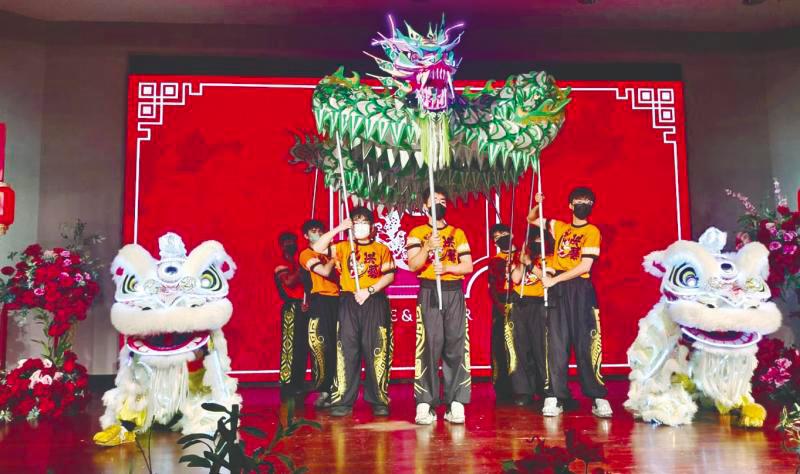
They were the also the champion for the 2022 Shenlong Cup Chinese Dragon and Lion Invitational Tournament, as well as the 2022 Meiling Cup National Dragon and Lion Culture Exhibition. They also won Silver in the Four Seas Concentric Cup for Traditional Category.
“At Hong Yi, we are a family,” Hong explained. “There is a strong sense of belonging and friendship. Our members and other troupes form long-lasting friendships. Our team is hardworking and well-trained. We work with the goal of developing young talents to thrive in creative sports while also fostering discipline, team spirit, mutual respect, and healthy living in a joyful environment.”
We inquired as to the differences between a lion and dragon dance.
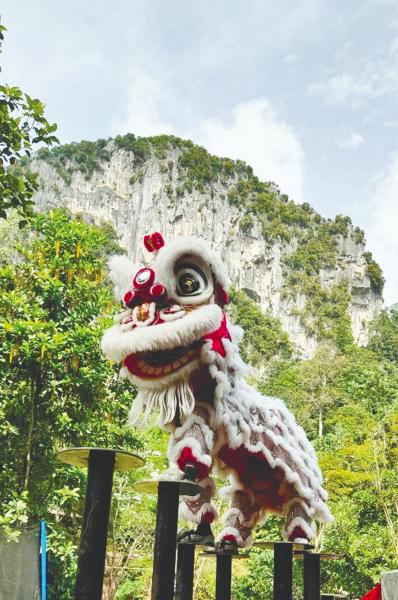
Hong explained: “[The lion dance] showcases highly trained performers who are often martial arts practitioners dancing to the beat of drums, cymbals, and gongs. Each motion is nothing short of a show, with jaw-dropping, surprising, and spectacular effects. The professional dancers’ moves, which incorporate the way a lion walks and kung fu aspects, mirror the fierceness and might of the lion.
“The flashy lion costume consists of two parts: the head and the rest of the body, which are worn by two persons on either end. The head is typically large, weighing up to 5kg at times, and is made of bamboo or wood. The front section is covered in sandpaper, gauze, and fake fur. The rest of the costume is made of coloured linen and faux fur. Dancers use matching pants to blend in and complete the fully covered image.
“Overall, the style is shaggy, reminiscent of the jungle king, yet vivid in colour and texture.
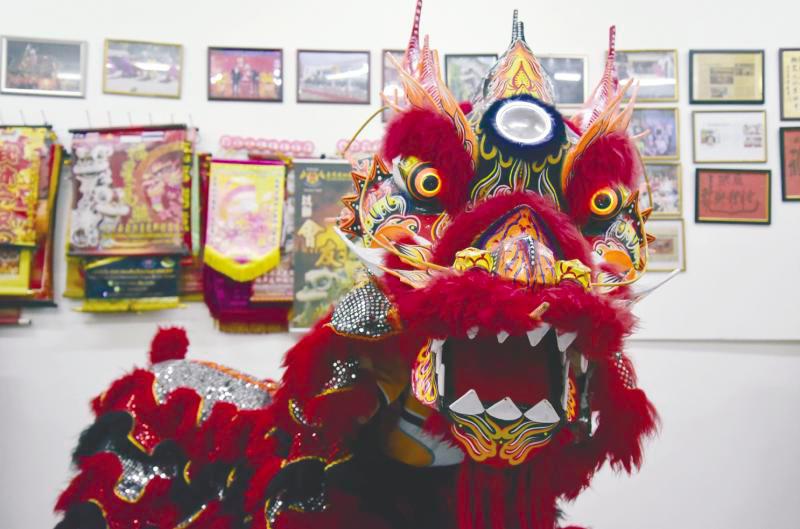
“As for the dragon dance, it has a more elegant and relaxed appearance; it’s also done with [up to] nine performers. These performers don’t need to dress as dragons themselves, as the dragon body is perched atop poles that they lift up in the air. This particular dance stresses smooth footwork more than anything. Given the length a dragon costume can go, a string of dancers and their coordination are required for this dance.”
His present squad is made up of the fourth generation of members, which includes both boys and girls. The females will perform the instruments, while the boys will perform the dance. Their youngest member is seven years old, and the oldest is 43.
Hong stated that it is important to retain teamwork in order to produce an outstanding performance.
He said: “We are deeply committed to promoting and campaigning for Dragon and Lion dance as a cultural art form and a traditional place.”



